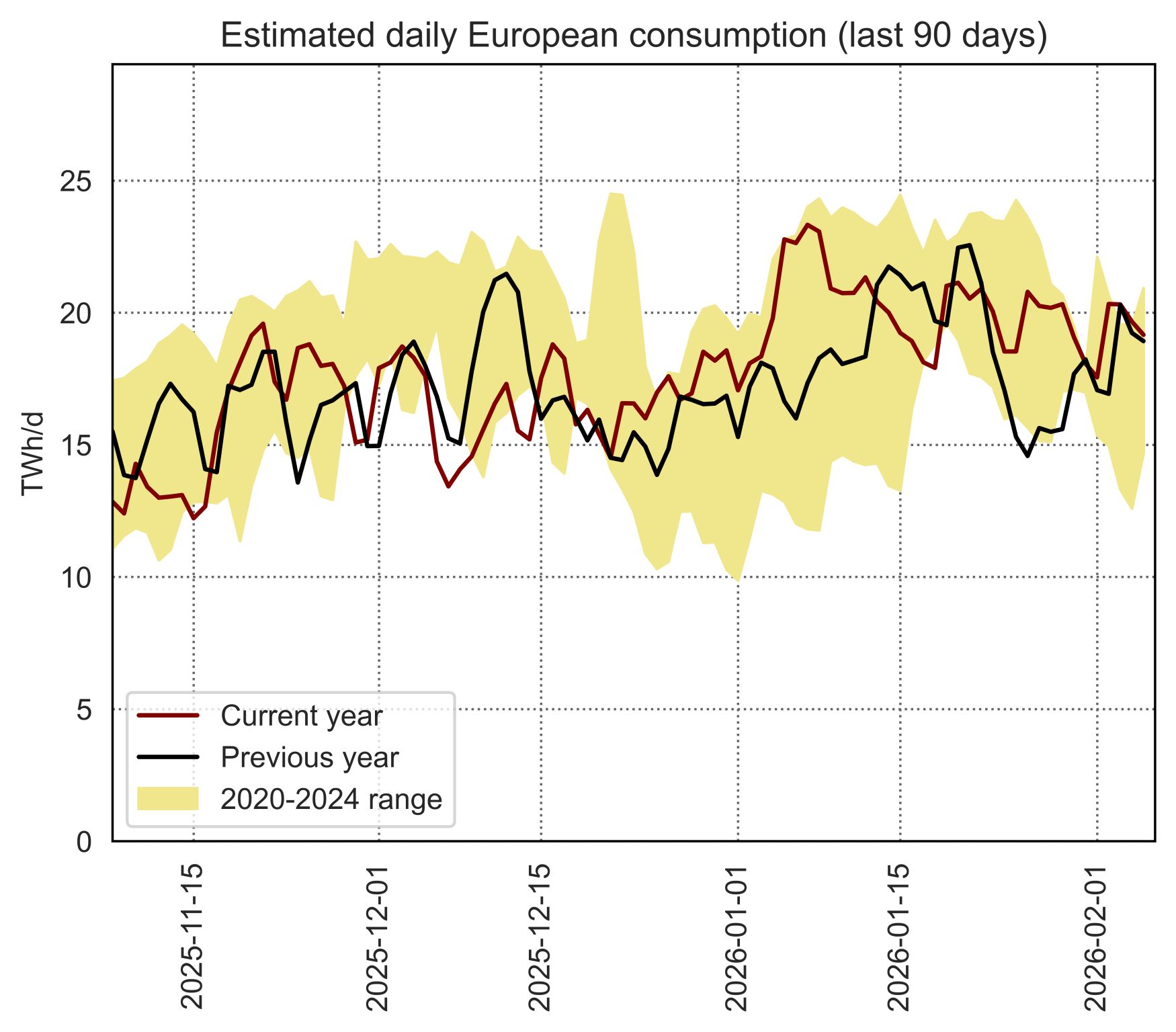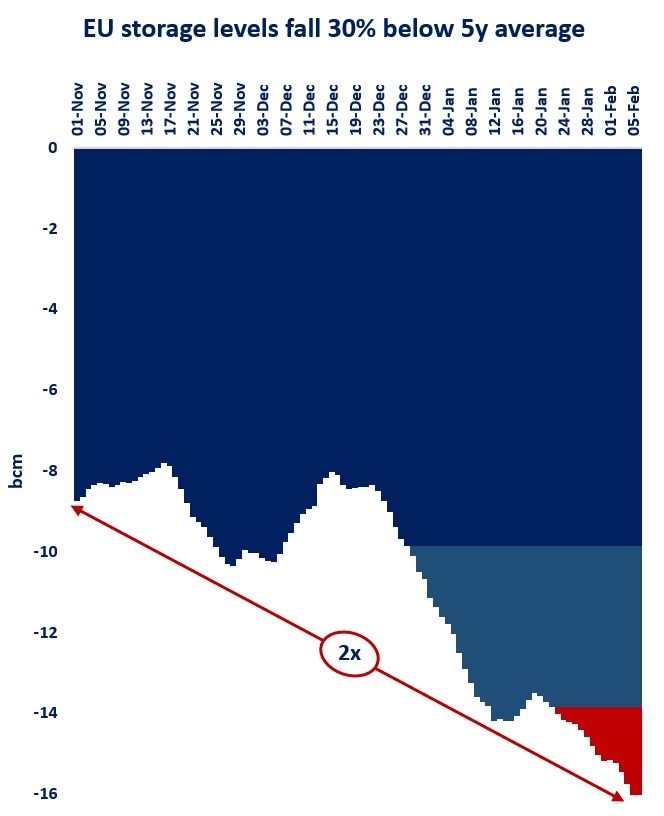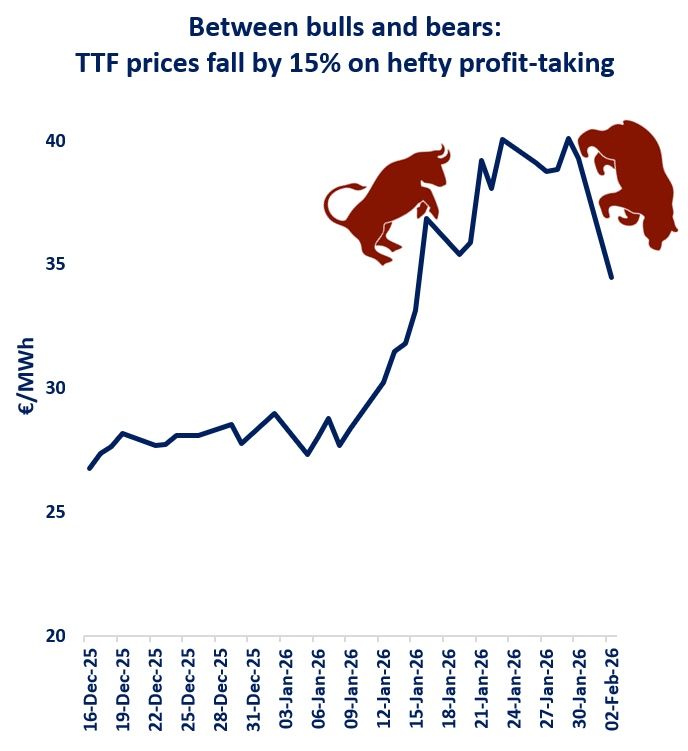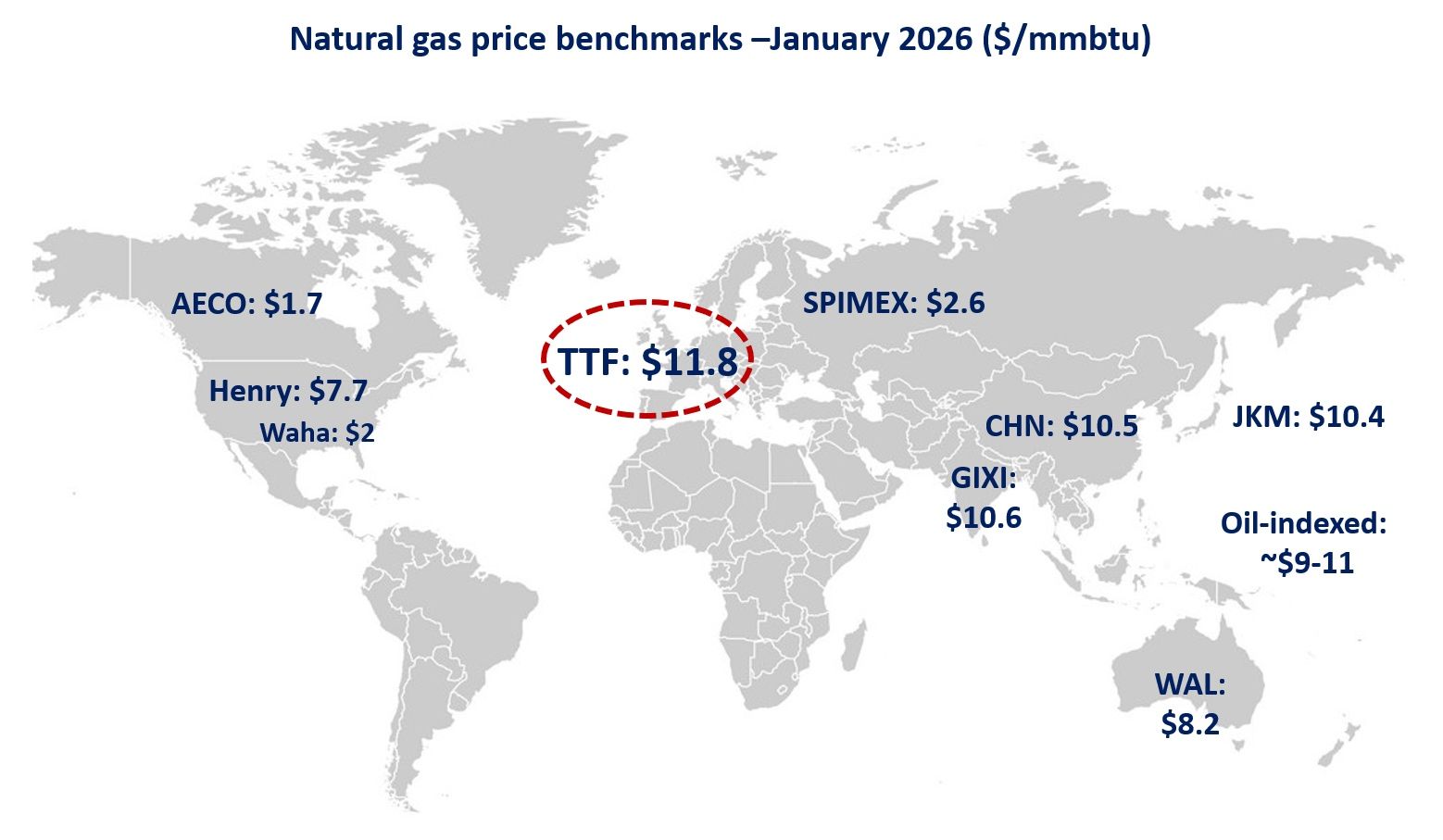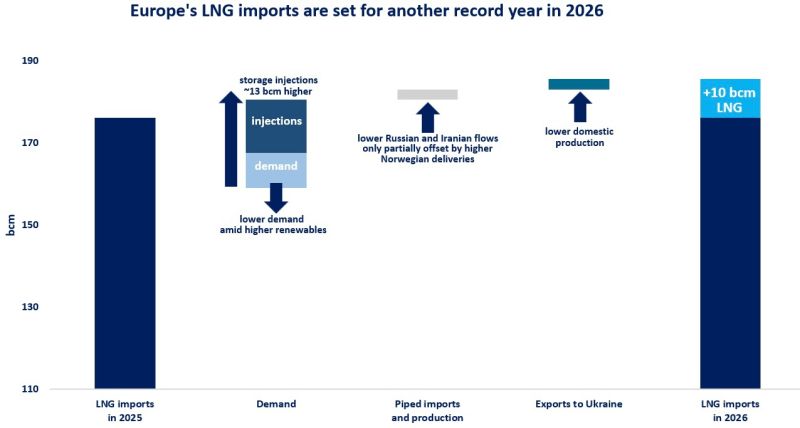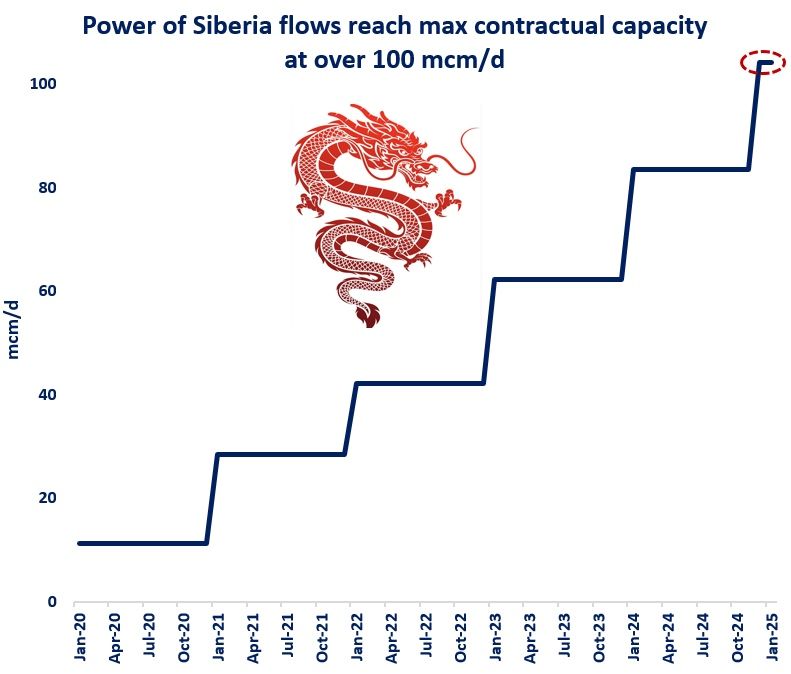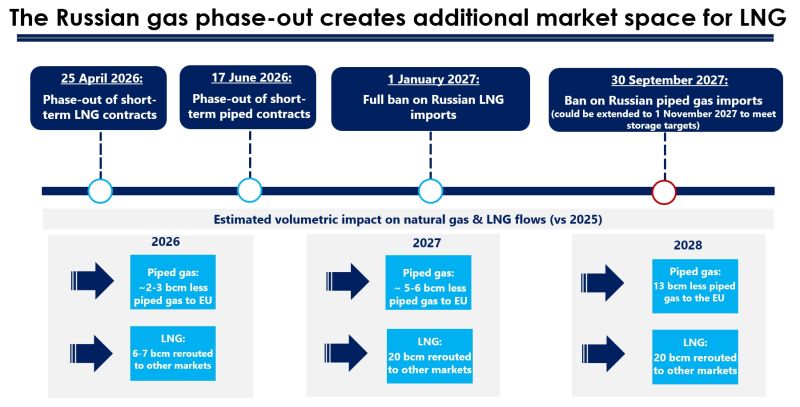

Europe’s gas crisis is rapidly infecting all parts of the economy, puts additional burden on households, industries while subsidies and bail-outs are set to increase public debt.
Europe’s gas prices averaged at over $30/mmbtu in the last 12 months and reached new highs of over $70/mmbtu last week.
This has broader implications on other energy commodities, including LNG, coal (due to gas-to-coal switching) and European power (as gas remains the marginal price setter).
Beyond the energy complex, the fertilizer sector is the most impacted, due to its high exposure to gas prices, further exacerbating the food supply crisis.
The broader macro-economic environment is impacted by lower industrial activity. European industrial gas consumption is now down by 20-25% as the most energy intensive industries are shutting down.
Higher energy costs are building-up into the price of goods and services, fuelling an energy-driven inflation (“gasflation”).
In addition, households are now spending more money on energy, which weighs on their other expenses.
Record high import bills are turning into negative trade balances for economies such as Germany, while economic growth is slowing down and recession might not be too far away.
Reduced industrial output, if sustained, will lead to greater unemployment.
Bail outs for energy and industries, together with subsidies for the most vulnerable consumers, is set to increase public debt all across Europe. in parallel, private debts will also rise.
All of this, leads to one question: could the current gas crisis translate into a financial crisis?
What is your view? what are the other risks of the current crisis? what could be the societal implications?
Source: Greg Molnar (LinkedIn)

